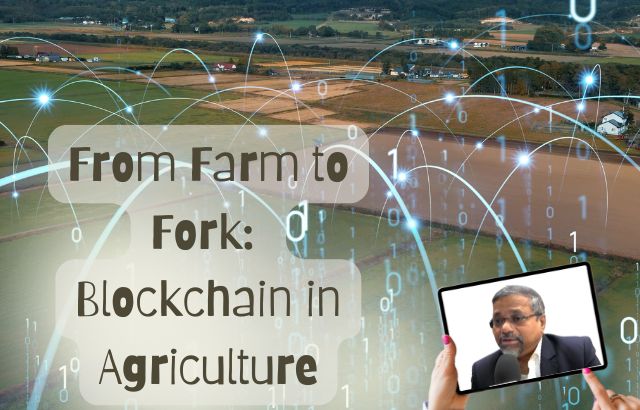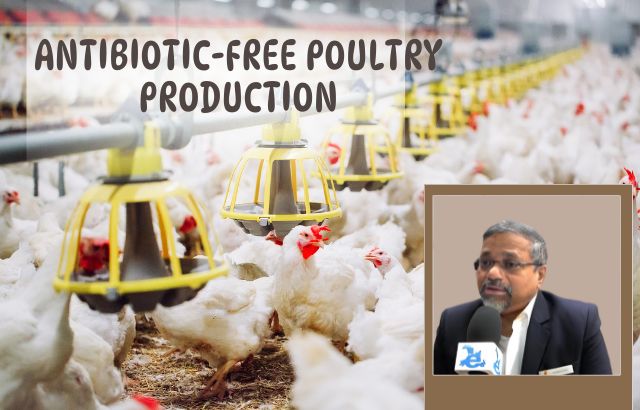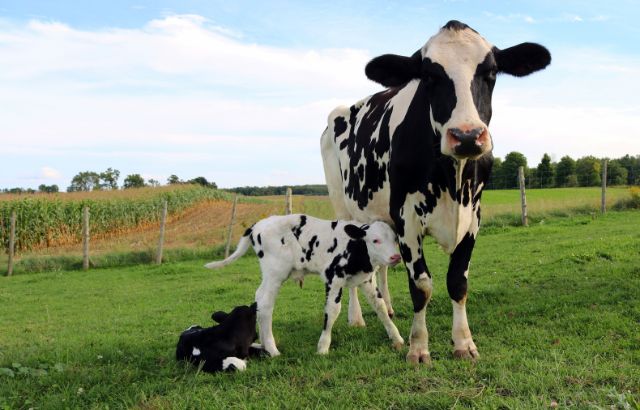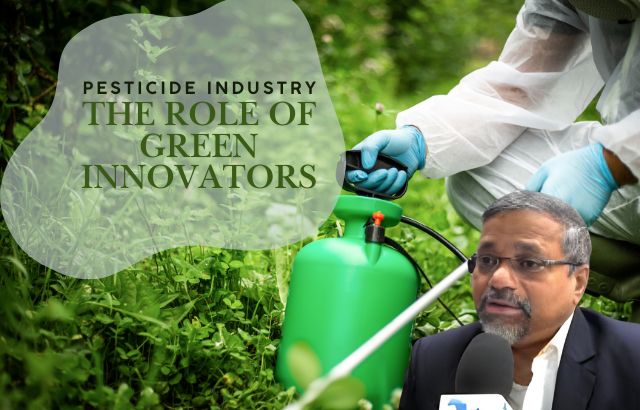Blockchain technology is making waves in various sectors, but its potential impact on agriculture is particularly profound. From enhancing transparency in supply chains to improving traceability and food safety, blockchain is reshaping how food moves from farm to fork. This blog explores the various ways blockchain is transforming agriculture and its implications for farmers, consumers, and the industry as a whole.
What is Blockchain?
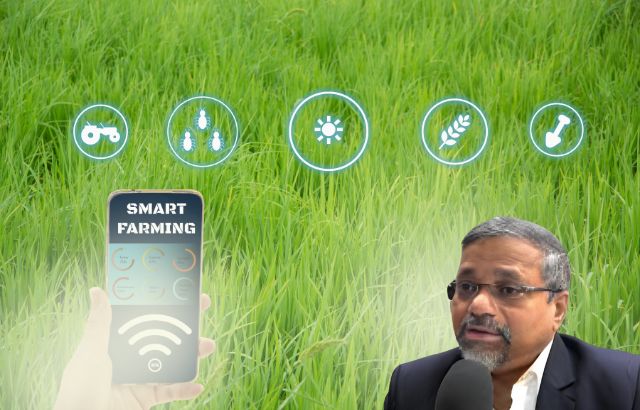
At its core, blockchain is a decentralized digital ledger that records transactions across a network of computers. This ensures that all participants have access to the same information and that records cannot be altered without consensus. In agriculture, this technology offers a new way to track and verify the journey of food products, creating a more efficient and trustworthy system.
Key Benefits of Blockchain in Agriculture
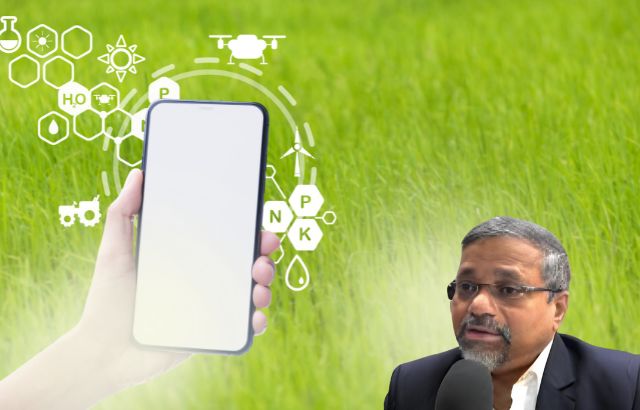
- Transparency in the Supply Chain
- Blockchain allows all stakeholders—farmers, processors, distributors, retailers, and consumers—to see the same information regarding a product’s journey. This transparency helps build trust and ensures accountability at every stage.
- Enhanced Traceability
- In case of food safety issues, blockchain enables rapid tracing of products back to their source. For instance, if a batch of produce is found to be contaminated, blockchain can help identify the farm, the specific batch, and its journey through the supply chain. Companies like Walmart have successfully reduced the time needed to trace food origins from days to mere seconds.
- Improved Food Safety
- By ensuring that every step of the supply chain is recorded and verifiable, blockchain minimizes the risks of contamination and fraud. Systems like IBM Food Trust are already being used to enhance food safety by tracking products and verifying their authenticity.
- Access to Data for Better Decision-Making
- Blockchain can collect and store valuable data about agricultural practices, weather patterns, and crop yields. Farmers can use this information to make more informed decisions about planting, harvesting, and resource management.
- Streamlined Payments and Contracts
- Smart contracts—self-executing contracts with the terms of the agreement written into code—can automate transactions between farmers, distributors, and retailers. This reduces the need for intermediaries and speeds up payment processes.
Real-World Examples
- Walmart and Blockchain for Traceability
- Walmart has partnered with IBM to implement blockchain technology in its food supply chain. By tracing the origin of food products, Walmart can quickly respond to food safety concerns, ensuring that only safe products reach consumers.
- Tyson Foods
- Tyson is utilizing blockchain to track the entire lifecycle of its poultry products. This transparency not only assures consumers of the product’s safety but also helps the company identify areas for improvement in its supply chain.
- Nestlé
- Nestlé is leveraging blockchain to trace the origin of its coffee, allowing consumers to see the journey from bean to cup. This initiative highlights the company’s commitment to sustainability and ethical sourcing.
Challenges and Considerations
While the benefits of blockchain are substantial, there are challenges to consider:
- Initial Investment: Implementing blockchain technology requires investment in new infrastructure, which may be a barrier for small farmers.
- Data Privacy: With increased transparency comes concerns about data privacy and security. Stakeholders must find a balance between transparency and protecting sensitive information.
- Interoperability: For blockchain systems to work effectively, they need to integrate with existing technologies and platforms used in agriculture.
Conclusion
Blockchain technology is poised to revolutionize agriculture by enhancing transparency, traceability, and safety in the food supply chain. As we move from farm to fork, the benefits of blockchain extend beyond efficiency and cost savings; they foster trust between consumers and producers and promote sustainable practices.
As more agricultural stakeholders adopt blockchain, we can anticipate a future where food systems are not only more efficient but also safer and more accountable. Embracing this technology is essential for building a resilient agricultural landscape that meets the demands of a growing global population while ensuring sustainability.

